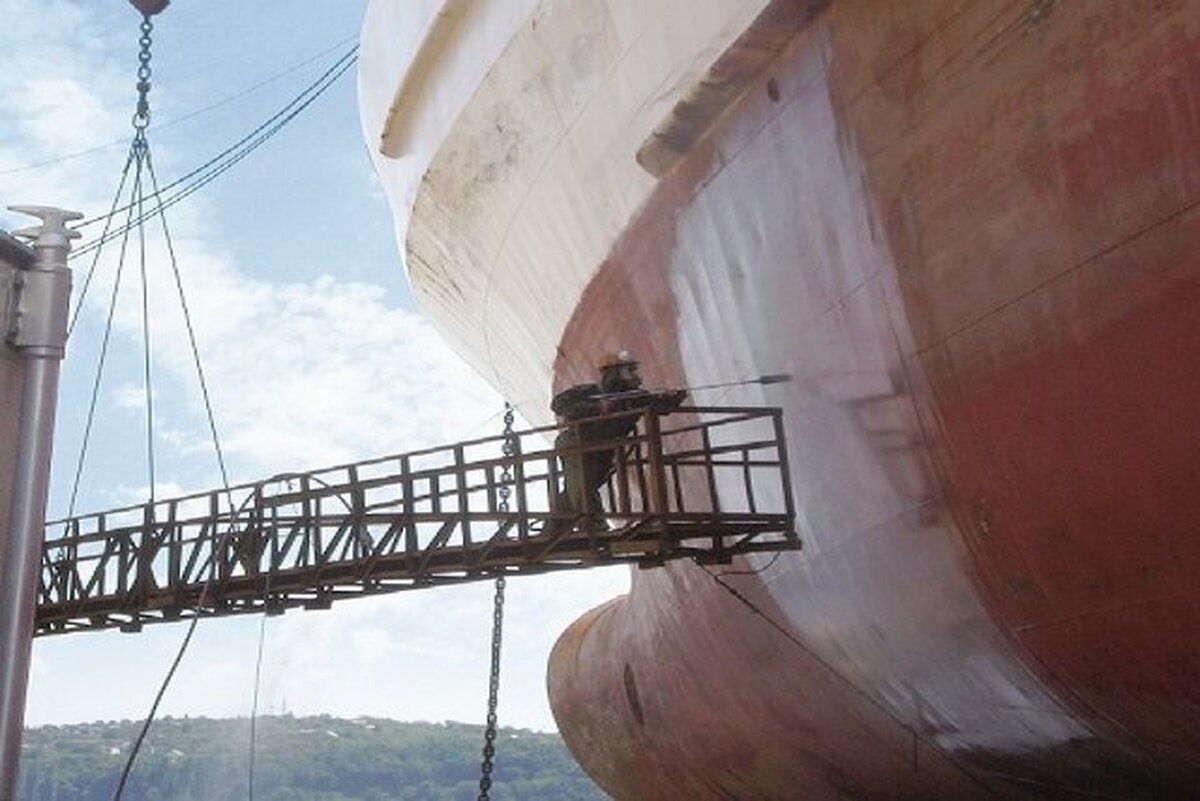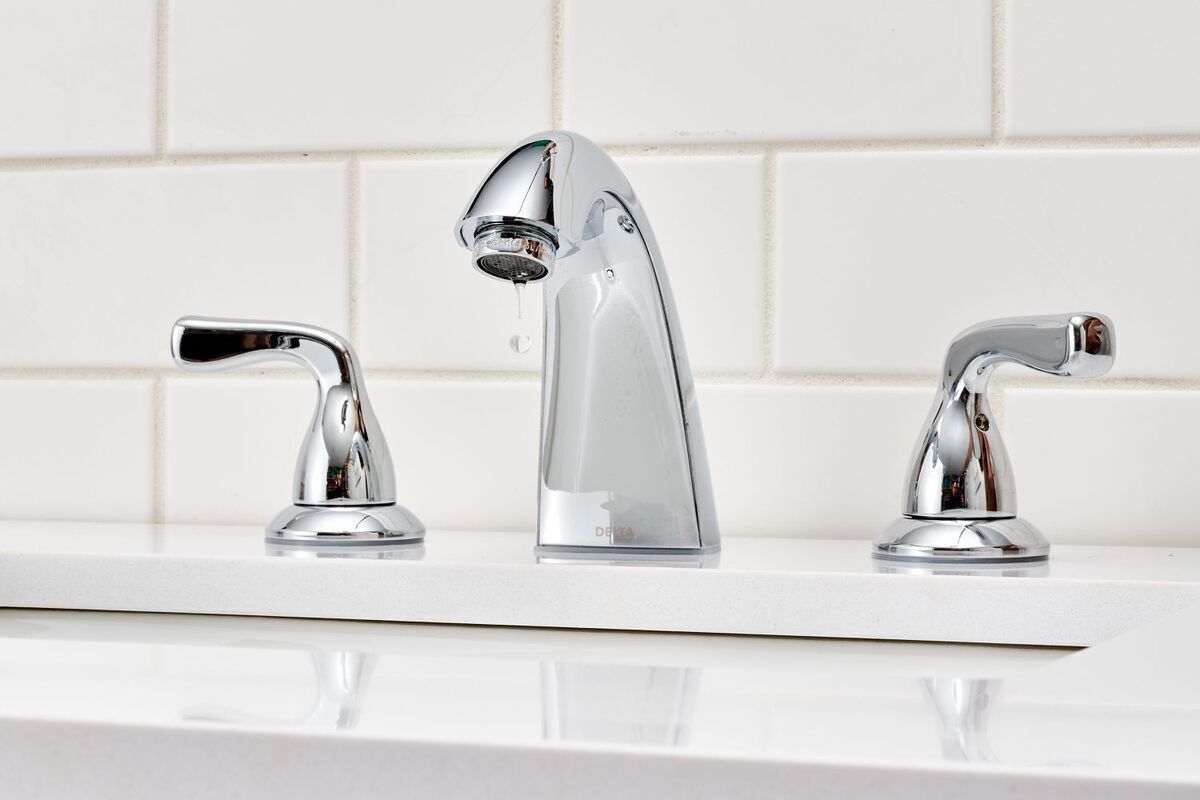Iranian Researchers Conduct Research on Destructive Impact of Moss killers on Maritime Environment

Studies show that the toxic level of some anti-moss compounds is so high that the global using of tin metal moss killer in ship and submarine hulls has been completely banned since January 1, 2008.
The Iranian researchers have found out that while consumption of two types of moss killers in Iran is lower than the global average, they must conduct further studies on other anti-moss compounds.
Anti-moss controls moss, lichen and algae, in the meantime, it safely removes deposits from walls, driveways, brick pavers, and greenhouses.
Homeira Agah, a fellow researcher at the Iranian National Institute for Oceanography and Atmospheric Science (INIOAS) told Iranian media that she recently conducted a study titled "Biofouling and the necessity of controlling the accumulation of toxic anti-moss compounds (anti-fouling)" used in marine industry in coastal areas.
She said that biofouling or biological fouling is the accumulation of microorganisms, plants, algae, or small animals where it is not wanted on surfaces such as ship hulls, devices such as water inlets, pipework, grates, ponds, and rivers that cause degradation to the primary purpose of that item.
Agah emphasized that the phenomenon causes many problems for docks, ships and boats, fish breeding nets in cages, marine industries and oceanographic equipment such as buoys and moorings.
Stating that one of the most important maritime economic damages of this phenomenon is the issue of fouling on ships' hulls and maritime equipment, she added, "Fouling phenomenon, apart from wasting time and causing corrosion in facilities and ships, can reduce the ship's speed a lot and increase fuel consumption.”
According to the INIOAS researcher, the economic losses resulting from biofouling is so high that more than billions of dollars are spent annually around the world to tackle it.
“In order to prevent economic damage to marine facilities, generally, the hull of ships (from the inlet to the bottom) and marine facilities are covered with marine paints containing anti-moss compounds,” she explained more.
“In order to protect the marine environment and natural biological resources, it is necessary to control the amount and type of these toxic compounds in the waters of each country, especially in coastal and shallow waters; because the environmental effects of biocides in some areas such as resorts, ports, coastal waters, mooring and grounding areas of ships, can be more than their negative effects in the laboratory,” according to the INIOAS researcher.
"The International Maritime Organization (IMO) has prioritized the issue of controling toxicity of moss killers due to their side effects on marine environment," she underscored.
4155/i






















